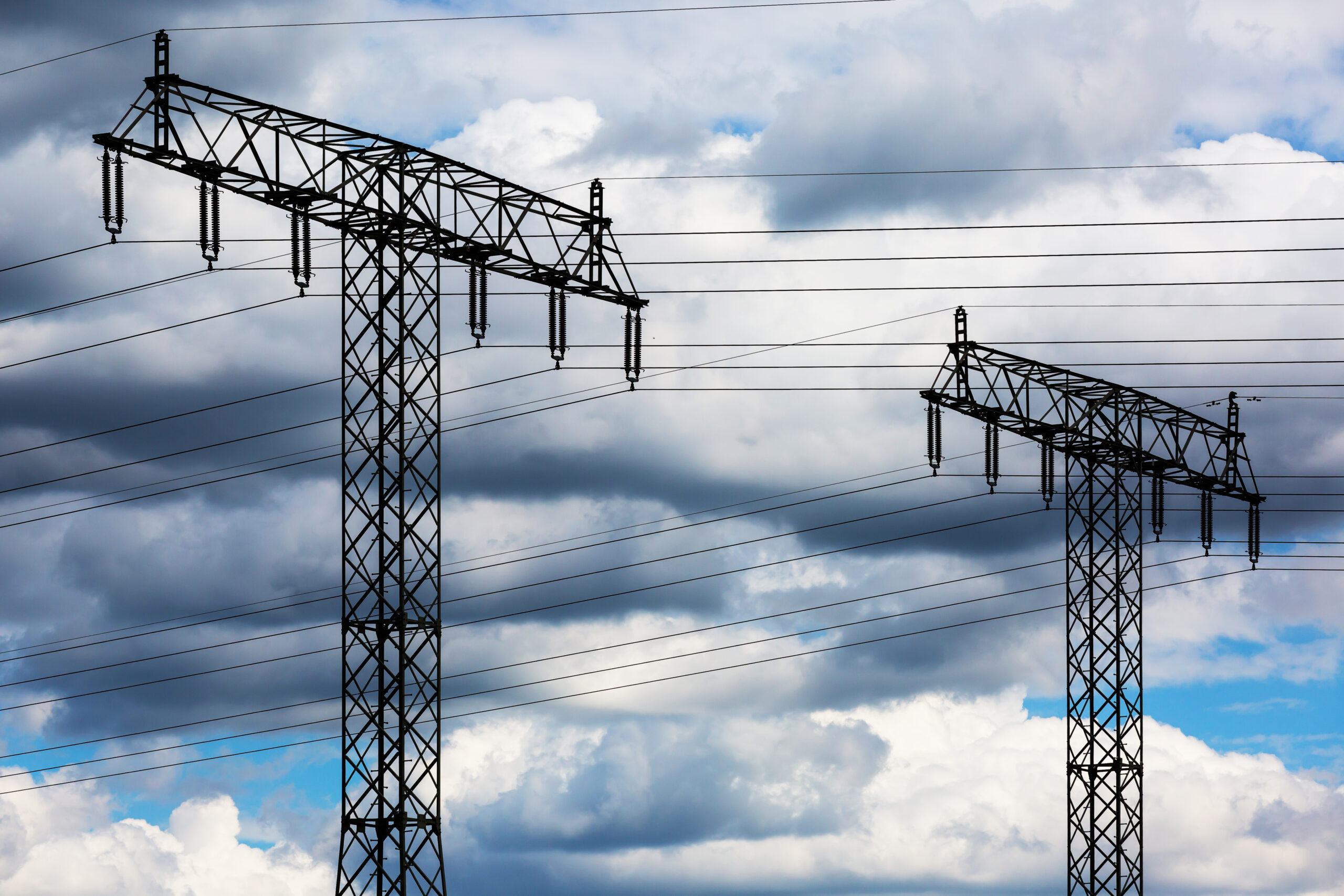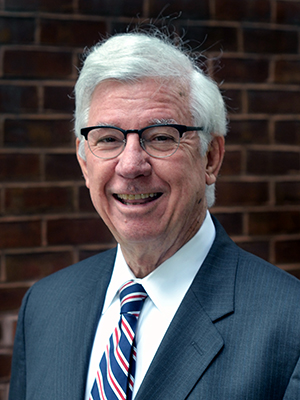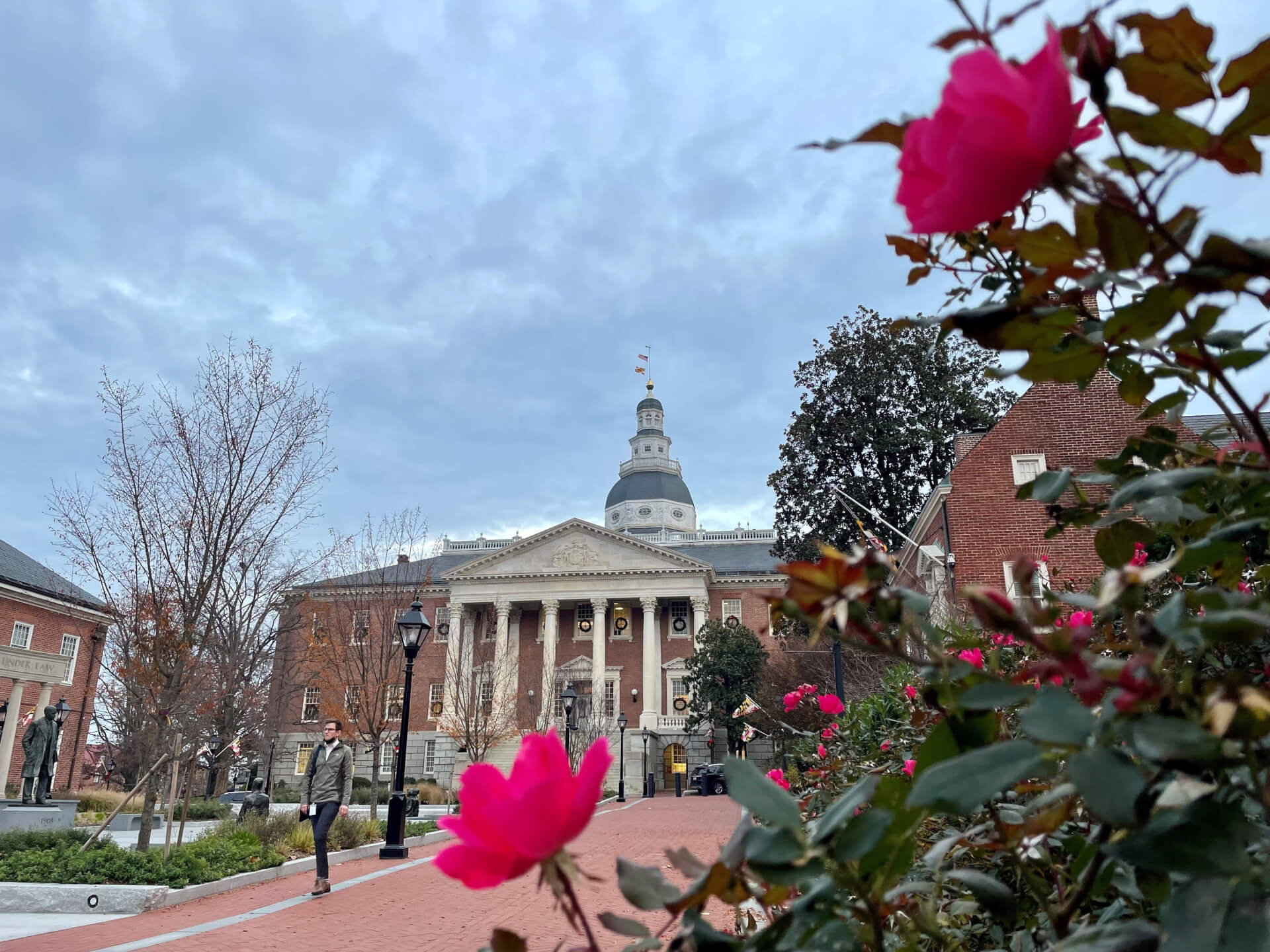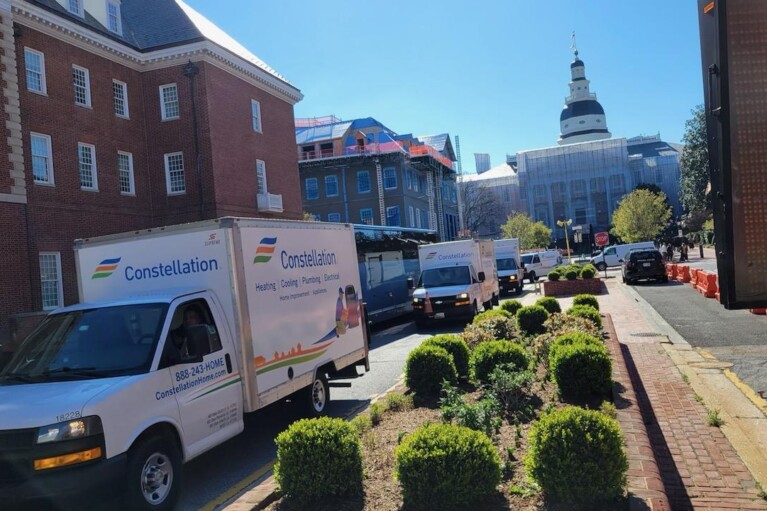Parris Glendening: Time to hold consumer retail energy suppliers accountable

By Parris N. Glendening
The writer was Maryland’s governor from 1995-2003.
As governor of Maryland, I signed the Electric Customer Choice and Competition Act of 1999. One provision of the wide-ranging law was to allow competitive energy suppliers to sell electricity directly to residential customers. These alternative energy suppliers assured everyone that by creating competition for Maryland’s regulated electric utilities, commercial, small business and residential customers would save on their power bills.
After 25 years, vast amounts of evidence show this was not true.
In fact, Marylanders using retail electric suppliers have overpaid for electricity to the tune of more than $1 billion since 1999, when the state deregulated. Thankfully, realizing the harm to consumers, Sen. Malcolm Augustine and Del. Brian Crosby have sponsored legislation (Senate Bill 1/House Bill 267) to improve consumer protections.

Former Gov. Parris N. Glendening. University of Maryland Baltimore photo.
If retail electric suppliers were sincere that they saved customers money, then they should be fine with the proposed legislation. SB1/HB 267 requires retail suppliers to offer all Marylanders savings, not just big commercial buyers, or those savvy enough to understand the tricky and lengthy contracts.
Instead, at the SB1 hearing in January, we watched industry pull the same page out of their playbook that they’ve used for over two decades and vigorously oppose this legislation. Why? Because, for the last 25 years they have made massive profits by charging residential customers more than the regulated utilities.
I’ve done some reading, and it looks like there’s two groups falling prey to these high rates. The first are low-income customers living in urban locations.
A researcher at the University of California at Berkeley conducted a study in Maryland, which examined where door-to-door salesmen and women, for retail electric suppliers, operate. Her data concluded that “low-income households pay substantially higher prices than high-income households primarily due to lower marketing costs in low-income communities.” In other words, retail electric suppliers target low-income communities with door-to-door salesforces, because they can overcharge the most customers at the lowest marketing cost.
I can assure you, this result was the last thing we desired from the 1999 Electric Choice Act.
Turns out that retail electric suppliers mislead these vulnerable customers with the most common bait-and-switch scam; offering customers a teaser rate that is below what the regulated utility offers. Then, over time, retail suppliers raise the energy rate dramatically higher than the price customers would pay for power if they stayed with the existing utility.
Other, even less ethical schemes include going door-to-door with high pressure sales tactics like offering people gift cards to sign up for retail electric supply or asking to see people’s BGE or Pepco bills and then using their account numbers to sign them up without their permission. Salespeople for retail electric suppliers also often hang out at Sam’s Club, or even in front of social services offices to prey on people desperate for lower power bills.
The second category, and a large group at that, of retail electric supply victims are those individuals who choose “green” or “clean” power to help our climate. Now we’ve learned these buyers are purchasing the same electricity as everyone else from a variety of production sources including coal and natural gas. The initial goal was that competitive retailers would build more clean energy generation. They instead buy renewable energy credits, which few can explain, let alone understand.
Thankfully, lawmakers in Annapolis are doing the work necessary to add an array of consumer protections needed that may actually make this market work.
The 1999 Electric Choice Act was intended to help our citizens and businesses, certainly not to cause harm. I urge the General Assembly to pass this law and undo some of the worst types of consumer fraud occurring in our state.
Editor’s note: Gov. Glendening is listed as an expert with a utility industry group, Power for Tomorrow.




 Creative Commons Attribution
Creative Commons Attribution